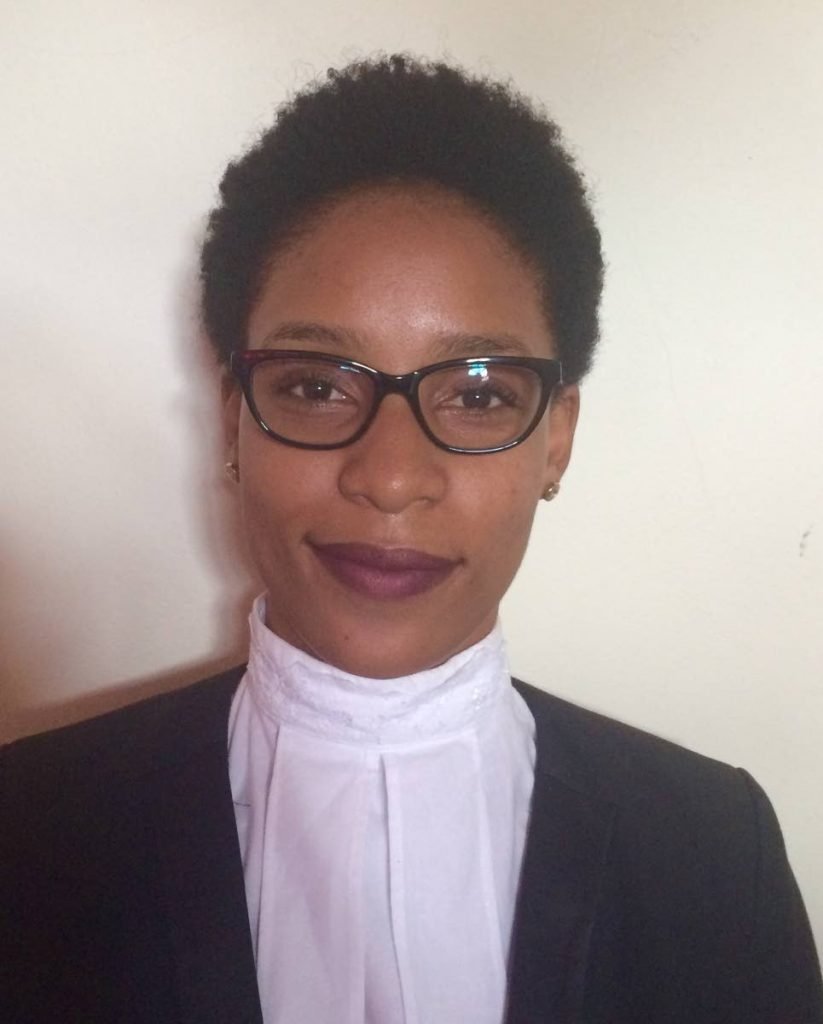Caricom still has work to do

KANISA GEORGE
The proverb "two heads are better than one" is synonymous with the ideology that teamwork and cohesion amount to better solutions.
Adding credibility to the no man is an island principle, collective performance is the driving force behind groups, organisations and federations, and it was the main objective behind the Caribbean Community and Common Market (Caricom).
Following Eric William's renowned "one from ten leaves nought" speech and the West Indian Federation's collapse, Caricom was created to further regional integration.
Established by the Treaty of Chaguaramas, an integral component of Caricom is the common market.
In TT, the Caribbean Community Act Chapter 81:11 gives effect to the Revised Treaty of Chaguaramas. An amalgamation of Caribbean communities, Article 6 of the Act outlines Caricom's main objectives.
One primary objective of the community is to create economic stability by improving standards of living and work. It also focuses on employment of labour, other factors of production and accelerated, co-ordinated, and sustained economic development.
The community tries to ensure the expansion of trade and economic relations with third States by enhancing international competitiveness and striving to achieve a more significant measure of financial leverage.
Article 9 is crucial to sustaining the community, and it deals with the general undertaking of each Member State. It states that each member state shall take all appropriate measures, whether general or particular, to ensure the carrying out of obligations arising out of the treaty or resulting from decisions taken by the organs and bodies of the community.
One of the key pillars of the community is the Caricom single market economy (CSME). The provisions of CSME focus on forming a free trade area, customs union and a common market with free movement of capital, skilled labour, goods, and services. It also strives to achieve an economic union with co-ordinated sectoral and macroeconomic policies.
According to the Ministry of Foreign Affairs website, this is an arrangement among the Caricom member states to create a single enlarged economic space.
By removing restrictions, member states allow the free movement of goods, services, persons, capital and technology. The core components of the CSME are the free movement of people, goods, services, capital, and notably, the Caribbean Court of Justice.
With significant progress being made to integrate the Caribbean region, it forces one to consider how successful this integration has been?
An International Monetary Fund working paper titled Is the Whole Greater than the Sum of its Parts? Strengthening Caribbean Regional Integration, examined Caricom's current state of development.
It found that while significant progress has been made, institutional integration within Caricom has advanced slowly.
The implementation of the CSME provisions has been moderate and is only about 57 per cent complete. There have been significant strides made integrating intra-Caricom goods trade, and some progress is also made in promoting a common market in services and skilled labour.
On further examination, the study found that limited progress has been made in harmonising/co-ordinating policies to support a single economic space, with continued restrictions on capital mobility and lacking harmonisation and co-ordination of investment codes, tax incentives and macroeconomic policies.
Notably, the research found that the lack of a regional body with powers and accountability to effect decision-making and tools to transform community decisions to binding laws, are key impediments. A decision-making process based on unanimity principles under which each member retains its sovereign authority also hinders progress. This, combined with inadequate resources and technical expertise needed to draft and ratify laws and secure public support, could have a disastrous outcome.
Even with all of Caricom's successes, a divide has developed between member states who fear that their resources are being stretched on account of the free movement of people. Some opponents argue that smaller islands' political power is overlooked by their larger neighbours because of greater economic power.
There is also a concern regarding lack of cohesion, for some countries aren't signatories to CSME and are against the move to widening the movement of people and the skilled person's category. While some progress has been made in this regard, non-compliance issues, lack of harmonised processes and duplication among and within member states continue. For example, Guyana has complained that its skills certificate, issued by the Ministry of Foreign Affairs, has not been recognised in TT.
The process of unity is a sinuous one and could only be achieved with unwavering commitment and sensitisation. Though differences are inevitable, collaboration and agreement in whatever form, would be a driving force for continued regional development.


Comments
"Caricom still has work to do"